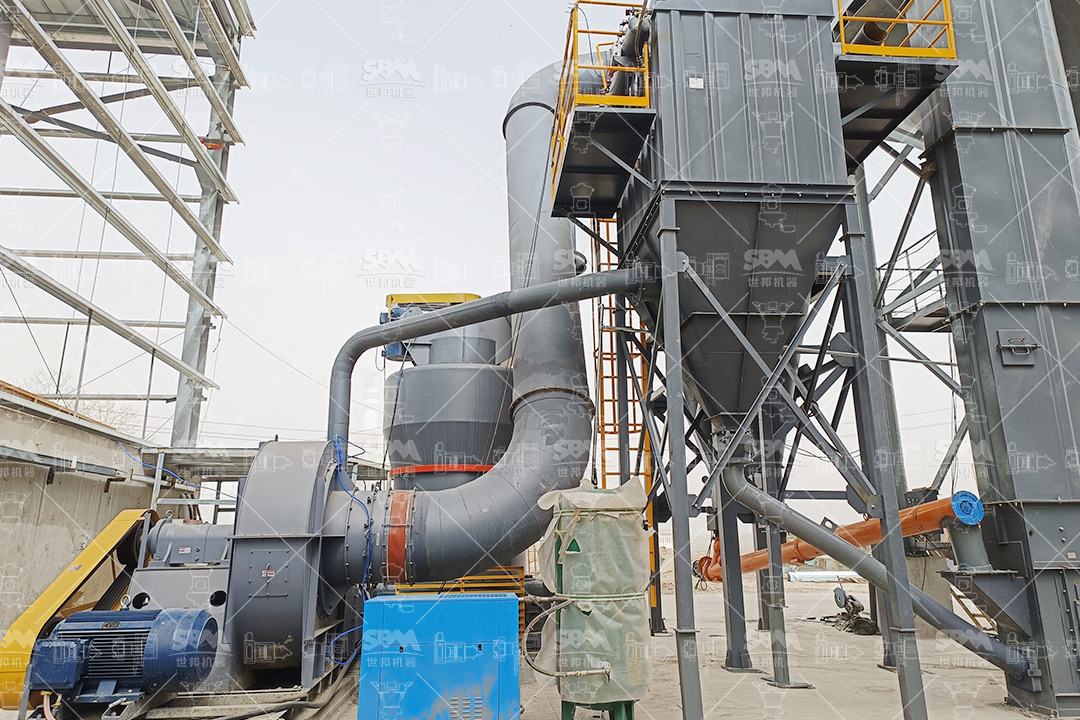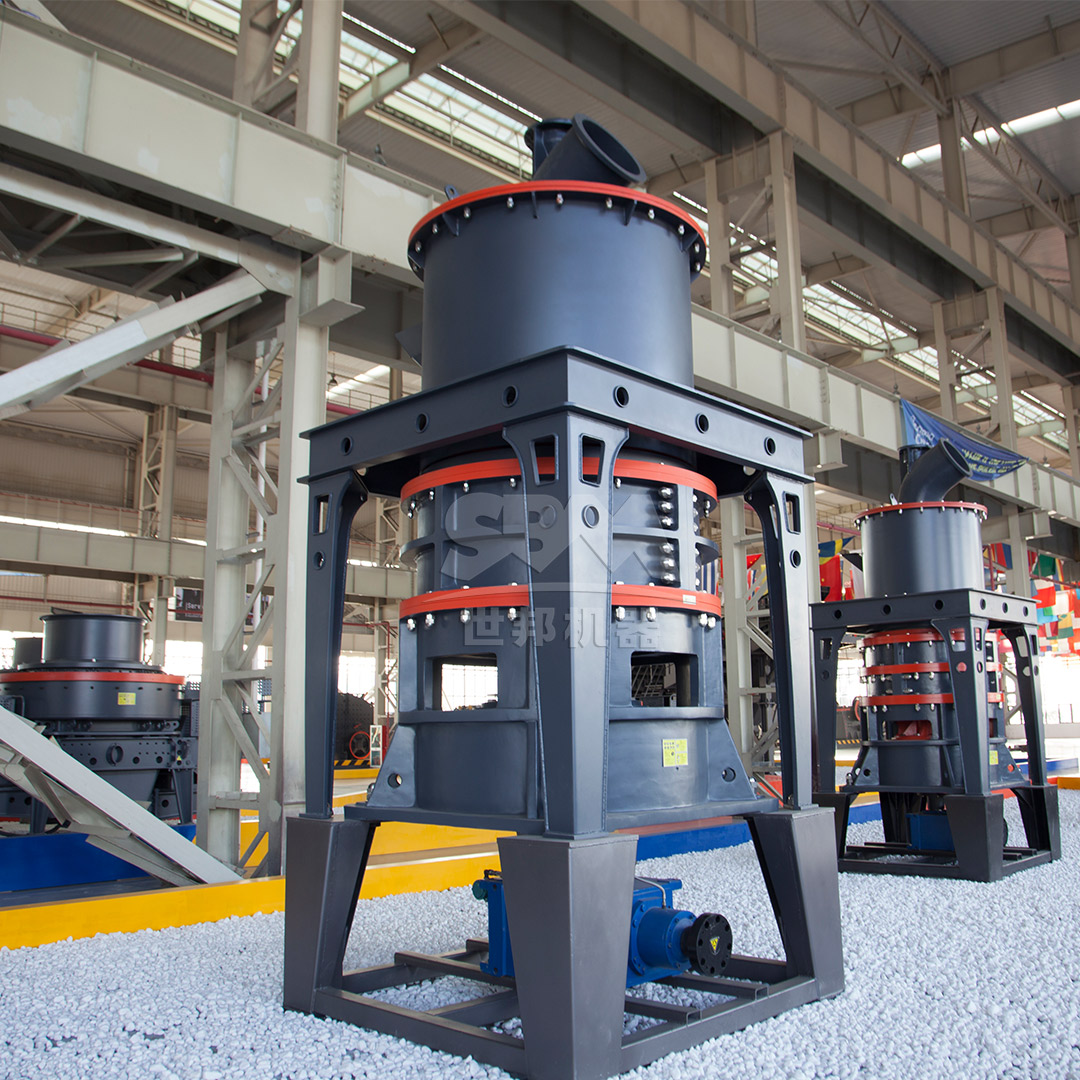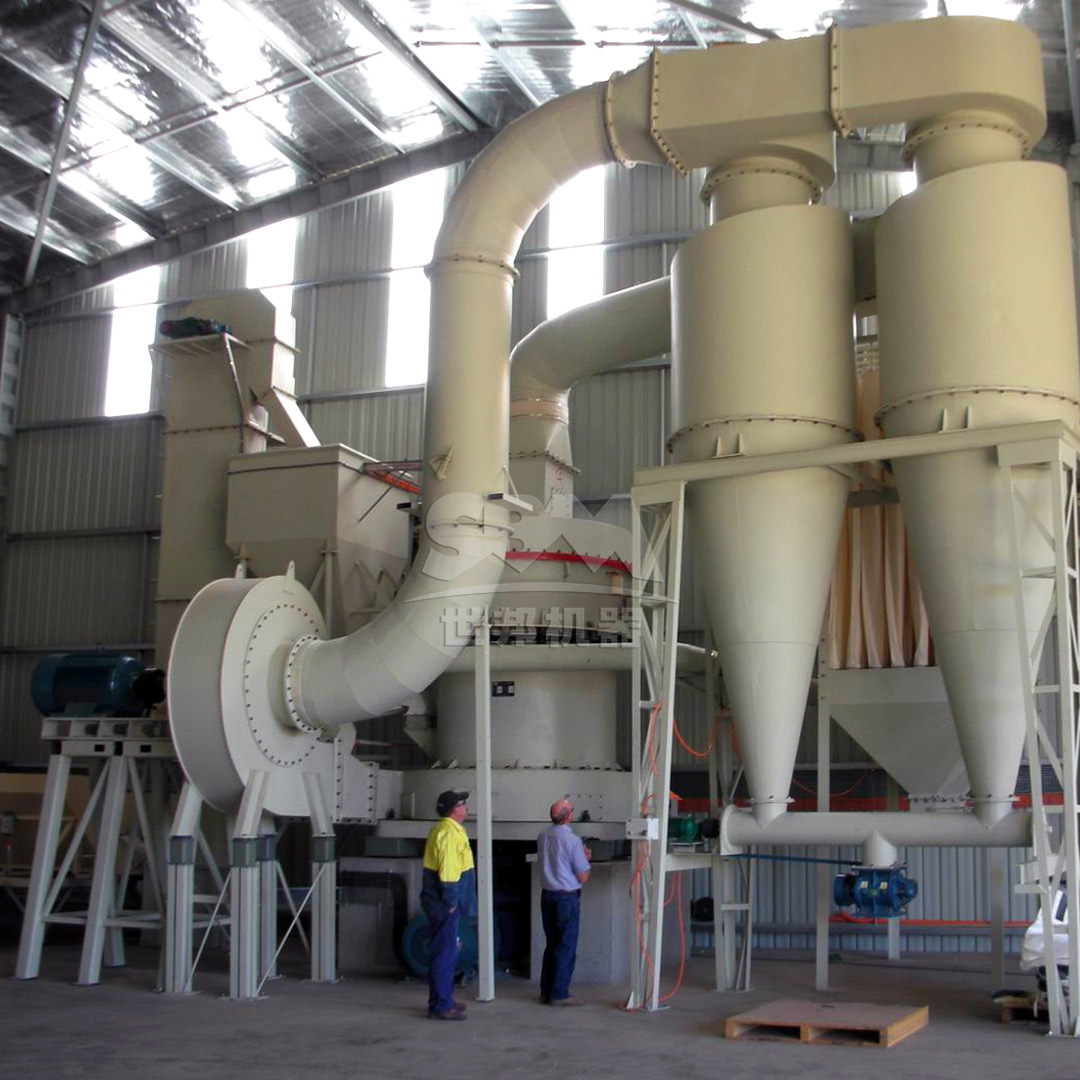August 29, 2025
Bentonite Powder Grinding Mill for Cat Litter Manufacturing
The global cat litter market has experienced significant growth in recent years, driven by increasing pet ownership and consumer demand for high-performance, eco-friendly products. At the heart of premium clumping cat litter manufacturing lies a critical raw material: finely ground bentonite powder. The quality, particle size distribution, and absorption properties of this powder directly determine the final product’s performance. Selecting the appropriate grinding mill technology is therefore not merely an operational decision but a strategic one that impacts product quality, production efficiency, and overall business competitiveness.
Understanding Bentonite and Its Role in Cat Litter
Bentonite is a naturally occurring clay primarily composed of montmorillonite. Its unique structure, characterized by expandable layered sheets, gives it exceptional water absorption and swelling properties. When used in cat litter, these properties allow the litter to form solid clumps upon contact with moisture, facilitating easy waste removal.
However, the raw bentonite clay extracted from mines is unusable in its natural lump form. It must be dried, crushed, and meticulously ground into a fine powder. The ideal particle size for clumping cat litter typically falls within a specific range, often between 100 and 325 mesh. Particles that are too coarse will not clump effectively, while particles that are too fine can create excessive dust, a major concern for end-users. The grinding process must achieve a consistent and controlled particle size distribution to ensure optimal clump strength, low dust, and fast absorption.

Key Challenges in Bentonite Grinding for Cat Litter
Grinding bentonite presents several unique challenges that not all mill systems can handle effectively:
- Abrasive Nature: Bentonite is a moderately abrasive material. Prolonged grinding can cause rapid wear on grinding components like rollers, rings, and liners, leading to increased maintenance downtime and higher operating costs.
- Moisture Sensitivity: While bentonite is dried before grinding, it often retains some moisture. Some mills are susceptible to clogging or reduced efficiency when processing materials with even slight moisture content.
- Heat Generation: The grinding process generates heat, which can potentially alter the physical properties of bentonite, affecting its absorption capacity. Efficient heat management is crucial.
- Dust Control: Bentonite powder is very fine and can easily become airborne. A superior grinding system must be fully enclosed and integrated with an highly efficient dust collection system to ensure a clean working environment and meet health and safety standards.
- Precise Particle Size Control: The ability to precisely control and consistently reproduce the target fineness is paramount for producing a high-quality, uniform product batch after batch.
Selecting the Right Grinding Mill Technology
Several types of grinding mills are available on the market, each with its own advantages and limitations for bentonite processing. The choice depends on the required capacity, desired fineness, energy consumption targets, and total cost of ownership.
Recommended Solution: SCM Series Ultrafine Mill
For manufacturers aiming to produce premium, low-dust, high-clump-strength cat litter, the SCM Series Ultrafine Mill represents an ideal solution. This mill is engineered to tackle the specific challenges of grinding bentonite, offering a blend of precision, efficiency, and reliability.

Core Parameters of the SCM Ultrafine Mill:
- Input Size: ≤20mm
- Output Fineness: 325-2500 mesh (D97 ≤ 5μm)
- Processing Capacity: 0.5-25 ton/h (depending on model)
Why the SCM Mill Excels for Bentonite:
- High Efficiency & Energy Savings: Its innovative grinding mechanism offers twice the output of jet mills while reducing energy consumption by 30%. This translates to significantly lower operating costs per ton of bentonite powder produced.
- Exceptional Classification Accuracy: The integrated vertical turbo classifier ensures precise particle size切割 (cutting). It effectively prevents coarse particles from contaminating the final product, guaranteeing a uniform and consistent powder with minimal dust—a critical factor for cat litter.
- Durable Design for Abrasive Materials: Key wear parts, such as the roller and grinding ring, are manufactured from special wear-resistant alloys, extending their service life multiple times compared to standard materials. This durability is essential for handling abrasive bentonite clay, reducing maintenance frequency and cost.
- Superior Environmental Control: The mill system is equipped with a high-efficiency pulse dust collector that exceeds international emission standards, ensuring a dust-free workshop. Furthermore, its integrated silencer and soundproof housing keep operational noise levels below 75dB, creating a better working environment.
| Model |
Processing Capacity (ton/h) |
Main Motor Power (kW) |
Feed Size (mm) |
Output Fineness (mesh) |
| SCM800 |
0.5-4.5 |
75 |
0-20 |
325-2500 |
| SCM900 |
0.8-6.5 |
90 |
0-20 |
325-2500 |
| SCM1000 |
1.0-8.5 |
132 |
0-20 |
325-2500 |
| SCM1250 |
2.5-14 |
185 |
0-20 |
325-2500 |
| SCM1680 |
5.0-25 |
315 |
0-20 |
325-2500 |
Alternative Solution: MTW Series Trapezium Mill
For larger-scale production facilities where the target fineness is in the coarser range of the bentonite spectrum (e.g., 30-100 mesh for some standard litters), the MTW Series Trapezium Mill offers a robust and cost-effective alternative.
Core Parameters of the MTW Trapezium Mill:
- Input Size: ≤50mm
- Output Fineness: 30-325 mesh (can be adjusted to 0.038mm)
- Processing Capacity: 3-45 ton/h (depending on model)
Key Advantages for Bentonite Grinding:
- Anti-Wear Shovel Design: Features combined wear-resistant shovel blades that significantly reduce maintenance costs and extend the life of grinding components.
- Optimized Airflow: A curved air duct design minimizes air resistance and energy loss, improving overall transmission efficiency and reducing power consumption.
- High Capacity: With models capable of processing up to 45 tons per hour, the MTW series is perfectly suited for high-volume cat litter manufacturing plants.

The Grinding Process: From Raw Clay to Premium Powder
The journey from raw bentonite clay to the fine powder used in cat litter involves a coordinated process centered around the grinding mill:
- Primary Crushing: Large chunks of raw bentonite are first reduced to a smaller size (typically below 50mm) using a jaw crusher or hammer mill.
- Drying: The crushed material is dried in a rotary dryer to reduce its moisture content to a level suitable for efficient grinding (usually below 10-15%).
- Grinding: The dried bentonite is fed into the grinding mill (e.g., the SCM or MTW mill) via a vibrating feeder and elevator system. Inside the mill, it is pulverized between rotating rollers and a stationary ring.
- Classification: The ground powder is carried by an airflow to an integrated classifier. Fine particles that meet the size specification pass through, while oversize particles are rejected and returned to the grinding chamber for further milling.
- Collection: The classified fine powder is separated from the air stream in a high-efficiency cyclone collector and a subsequent pulse baghouse dust collector, ensuring nearly 100% product recovery and zero dust emissions.
- Packaging: The finished bentonite powder is then conveyed to silos or directly to packaging machines for bagging.
Conclusion
Investing in the right bentonite grinding technology is a cornerstone of success in the competitive cat litter industry. It directly influences the key performance characteristics of the final product: clump strength, low dust, and absorption speed. Mills like the SCM Series Ultrafine Mill, with their superior classification accuracy, energy efficiency, and wear-resistant design, are specifically engineered to produce the high-quality bentonite powder demanded by premium cat litter brands. By choosing a mill that aligns with your production goals and quality standards, you can ensure operational efficiency, product superiority, and long-term profitability in the market.


